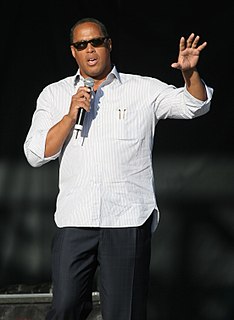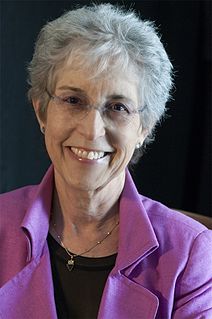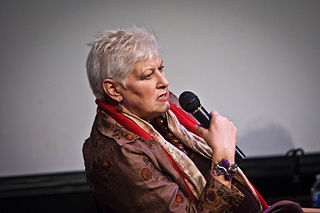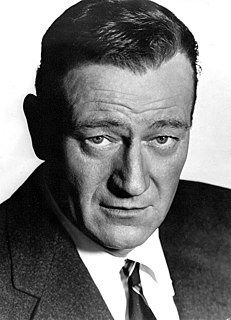A Quote by Elizabeth Kostova
It's a shame for women's history to be all about men--first boys, then other boys, then men men men. It reminds me of the way our school history textbooks were all about wars and elections, one war after another, with the dull periods of peace skimmed over whenever they occurred. (Our teachers deplored this and added extra units about social history and protest movements, but that was still the message of the books.)
Quote Topics
About
Added
After
Another
Books
Boys
Dull
Elections
Extra
First
History
History Textbooks
Me
Men
Message
Movements
Occurred
Other
Our
Over
Peace
Periods
Protest
Protest Movements
Reminds
School
School History
Shame
Social
Social History
Still
Teachers
Textbooks
Then
Units
War
Wars
Way
Were
Whenever
Women
Related Quotes
But if we come back, if German men come back, if British men come back, and Japs, and French, and all the other men, all of us talking, writing, painting, making movies of heroes, and cockroaches and foxholes and blood, then future generations will always be doomed to future Hitlers. It's never occurred to boys to have contempt for wars, to point to soldiers' pictures in history books, laughing at them. If German boys had learned to be contemptuous of violence, Hitler would have had to take up knitting to keep his ego warm.
Internationally and in foreign markets, movies starring women don't make as much money as movies starring men. And then you can blame filmmakers, especially in comedy, which is my bread and butter, because it's become a bit of a boys' club over the years. With the boys in charge you get these takes on women which are either the girlfriend or the mean wife or the girl who appears in a romantic comedy. You're just getting either men's fantasies about women or what they think is the reality about women instead of men just having a healthy attitude about women.
... the socialization of boys regarding masculinity is often at the expense of women. I came to realize that we don't raise boys to be men, we raise them not be women (or gay men). We teach boys that girls and women are "less than" and that leads to violence by some and silence by many. It's important for men to stand up to not only stop men's violence against women but, to teach young men a broader definition of masculinity that includes being empathetic, loving and non-violent.
Sometimes I hear the world discussed as the realm of men. This is not my experience. I have watched men fall to the ground like leaves. They were swept up as memories, and burned. History owns them. These men were petrified in both senses of the word: paralyzed and turned to stone. Their refusal to express feeling killed them. Anachronistic men. Those poor, poor boys.
Of course, if you photograph the behavior of women and men at a particular time in history, in a particular situation, you will capture differences. But the error lies in inferring that a snapshot is a lasting picture. What women and men do at a moment in time tells us nothing about what women and men are in some unvarying sense - or about what they can be.
I have a theory about American men -- I think they think women are boys who don't know how to throw a ball very well. American women are forced into the role of being men without penises, of being men who haven't quite been able to make it. If women don't want to be pussycats, then they get forced into the role of being almost as good as men. Which is lousy.
And when at some future date the high court of history sits in judgment on each of us, recording whether in our brief span of service we fulfilled our responsibilities to the state, our success or failure, in whatever office we hold, will be measured by the answers to four questions: First, were we truly men of courage... Second, were we truly men of judgment... Third, were we truly men of integrity... Finally, were we truly men of dedication?-
For me, seeing our history told in this light, the ones who did rebel, the ones who did revolt, the revolutionaries, excited me. Seeing this story of the Underground Railroad ... and that is such a proud part of our history that not a lot of us know about, where these brave men and women, they were heroes, really helped tear down the system of slavery just by running.
That's what's always been such a curious thing to me about feminism. They never lost any power. However, when you start talking about this particular area of our population, you're talking about the politicized nature of our country where feminism dominates and all heterosexual men want women. And all men realize you've got to do certain things. If you want to get a woman who happens to be a feminist, then you better do and say, be certain things. Men have gone crazy trying to be what they think women want them to be, and that's men in Washington, gone crazy.



































